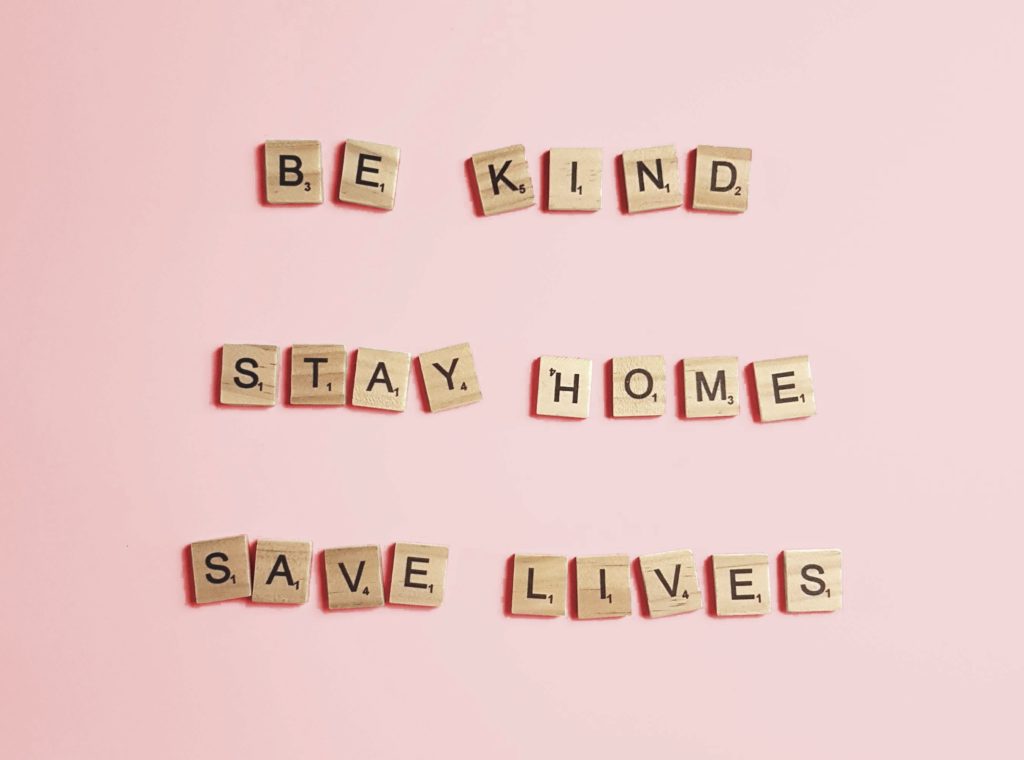Consulting in the Time of Corona

We are all adjusting. For some, it’s a shift to full-time work from home; for others it’s becoming first-time teachers helping their children stay on track while out of school, whether it be modeling the concept of multiplication with blocks or explaining how the ghost in Hamlet provides examples of foreshadowing; others are essential workers adjusting to added spotlight and stress during the COVID crisis.
And then, there are those who are sick themselves. For almost three weeks in March, this was me. It started with a couple days feeling a bit more tired than usual, but soon turned into a high fever, full body aches, exhaustion, ongoing chills and night sweats. Once the fever broke after four days, I remained exhausted and developed chest tightness and a persistent, dry cough. Around day 13, after watching four seasons of The Sopranos, two seasons of The Great British Baking Show, and of course, Tiger King, I started to feel more like myself, but the cough lingered. I inched back to work, having been completely detached from my computer, let alone clients, the entire time. Finally, at three weeks, I had no symptoms, was back to work fully and celebrated, feeling truly thankful that I never had breathing difficulty or required hospitalization.
I share these less than fun symptoms for the sole reason of letting others know that they are not alone. The virus is rough–my case was “mild”–and takes a long time to clear; but don’t lose faith on day 7 and of course, keep in touch with your doctor regularly to plan your care.
Reflecting on my experience produced a few cliche-heavy reminders for me, that may be helpful to consider if you are ill or caring for a sick loved-one.
- Put your oxygen mask on first. I was completely wiped out and felt physically terrible and emotionally defeated. I hate not feeling productive, am terrible at asking for help, and miserable being dependent on others; but my reality required I not only stop working, managing meals, and walking the dog, but prioritize recovering above all else and accept that it was 100% okay to do so. I had to tell myself, “I will be better for it and my work will be better for it”.
- Communicate. When sick, we often rely on the help of loved-ones around us. Remember: they can’t read your mind. You have to communicate your feelings and needs, and they have to ask a lot of questions to care for you. Be direct, but kind, remember that everyone is stressed and living in uncertainty. Worry shows itself in lots of ways, so give everyone in your life a bit of grace. Be honest with people about the type and frequency of communication. If you want a text message from your 5 best friends each day, let them know how much it means when they check in. If you don’t want to have your phone buzzing all night, let the frequent callers in your life know the schedule you’re trying to keep and when you plan to next reach out.
- Have a plan. Dealing with any illness is stressful, but COVID-19 in particular is new with little scientific study and a tendency to change in intensity quite quickly. I recommend having a plan in place for any potential escalation of symptoms. Specifically, know what hospital/clinic you will go to and how, list who you will contact, plan for any child or pet-care implications, and have already-packed overnight bags by the door.
- Go slow to go fast. Once I started to feel well, I wanted life to immediately return to normal; I longed for the sense of accomplishment from completing a task, a mid-day bike-ride through Prospect Park, a nice dinner with a glass of red wine. I had these dreams, while simultaneously barely able to make it through the day without a 3 hour nap. To those of you sick or recovering, go slow and be kind to yourself. No, things will not be “normal” for a while, but the more you honor your physical and emotional needs now, the sooner you’ll be back to feeling like yourself.
-Grant
